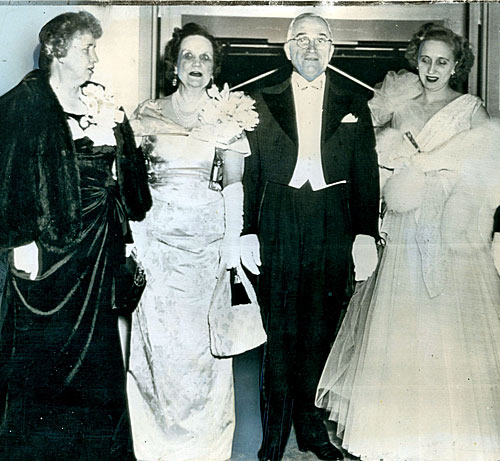 |
| Official Washington rallies ’round a cause |
Patrick Kennedy announced earlier this year that he would not seek relection to Congress in order to devote the next phase of his life to fighting the stigma of mental illness. I did an earlier post in which I expressed the hope that he would investigate the world of holistic mental health if he really wanted to make a difference in the lives of the so-called mentally ill. Most of us know that this a naive hope, given that Kennedy’s world is Washington politics. Power brokers in Washington like to associate with power brokers like themselves, even long after they’ve left Washington.
It comes as no surprise that Kennedy has announced the formation of www.moonshot.org
to bring the best minds in neuroscience together to work on the to fight the “stigma” of mental illness by taking the same old tired scientific backscratching approach.
The website has posted a letter to Mr. Kennedy from The Society for Neuroscience (SfN) that makes my holistic heart sink. It’s the usual scientific neurobabble about mental illness as a diseased brain, and how SCIENCE is going to tackle a subject where it has continously failed to get even a passing grade.
The SfN has been tasked by Kennedy to identify gaps in the knowledge base and research infrastructure
- Identify critical research areas and gaps in scientific knowledge
- Support the most creative science, both emerging topics and innovative approaches
- Ensure outstanding young scientists are inspired and motivated to continue in research and are free to take risks and innovate
- Establish new partnerships across disciplines that are currently far apart and disconnected
- Enrich the scientific infrastructure by developing new cutting-edge technologies to explore how genes, cells, neural networks and systems operate in the healthy brain and how normal processes are altered in the diseased or injured brain
- Develop and support coordinating mechanisms, helping researchers collaborate, share resources, and exchange ideas and information among different institutions both nationally and internationally
- Remove barriers to new treatments through radically rethinking partnerships between academic laboratories, the pharmaceutical industry, and health care providers
- Ensure a sustained and aggressive national research funding commitment that enables progress on all of the above.
I’m sure you’ve all noticed the glaring gap in this initiative. The gap is that there are plenty of people who know how to overcome so-called mental illness, have been doing so successfully for years, and apparently this organization is not at all aware that this is happening all over the world. Those who have succeeded in overcoming the stigma of mental illness almost unanimously discredit brain chemistry as a source of their problems but also cite the brain chemistry model as the reason why their recovery is prolongued. That’s why there is no representation from working well in the SfN.
The outcomes of this discredited approach will be: drum roll, please:
- More conferences
- More chance for neuroscientists to network at conferences
- More money thrown at universities to attract young, rigid scientifc minds
- More drugs
- More academic articles
- More funded people to shout down dissent
- Washington galas “to fight the stigma”
- Presidential iniatives “to fight the stigma”
- Little or no progress in overcoming mental illness, because, as you can see, the biochemical model of mental illness is a front for industry.
Mr. Kennedy, there would be no stigma if the labelled mentally ill were actually getting well in sufficiently large numbers to make public health and social policies over the last few decades look well-directed. As a population, the so-called mentally ill are in dire straights. As individuals, many are doing really well because they have taken it upon themselves to do so, against the best scientific advice.
Washington loves a good stigma buster chance to party and party it will.
